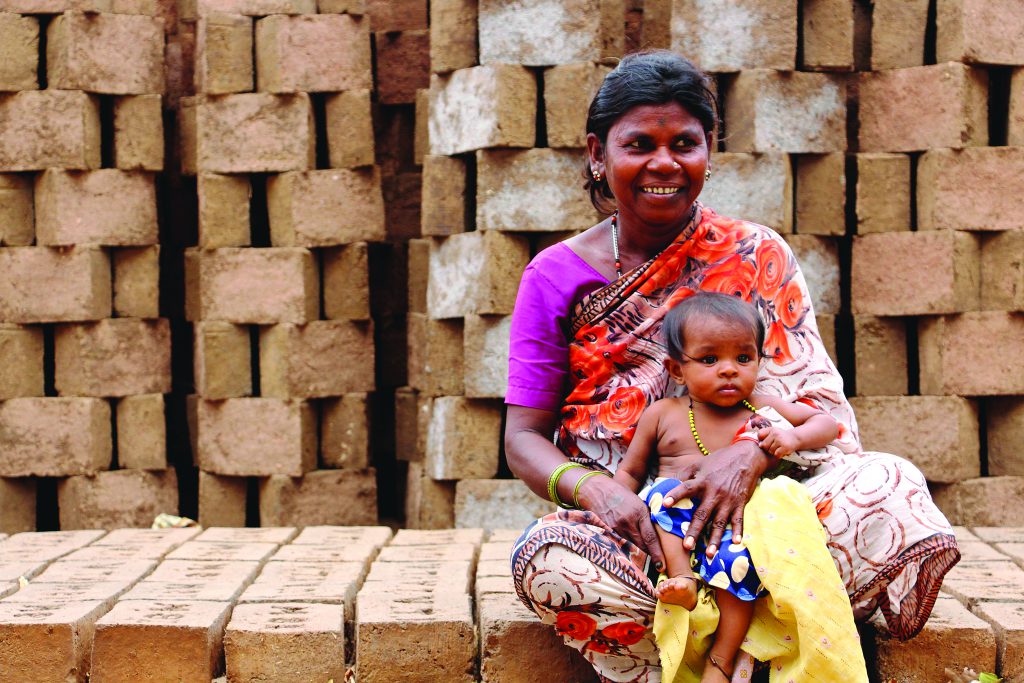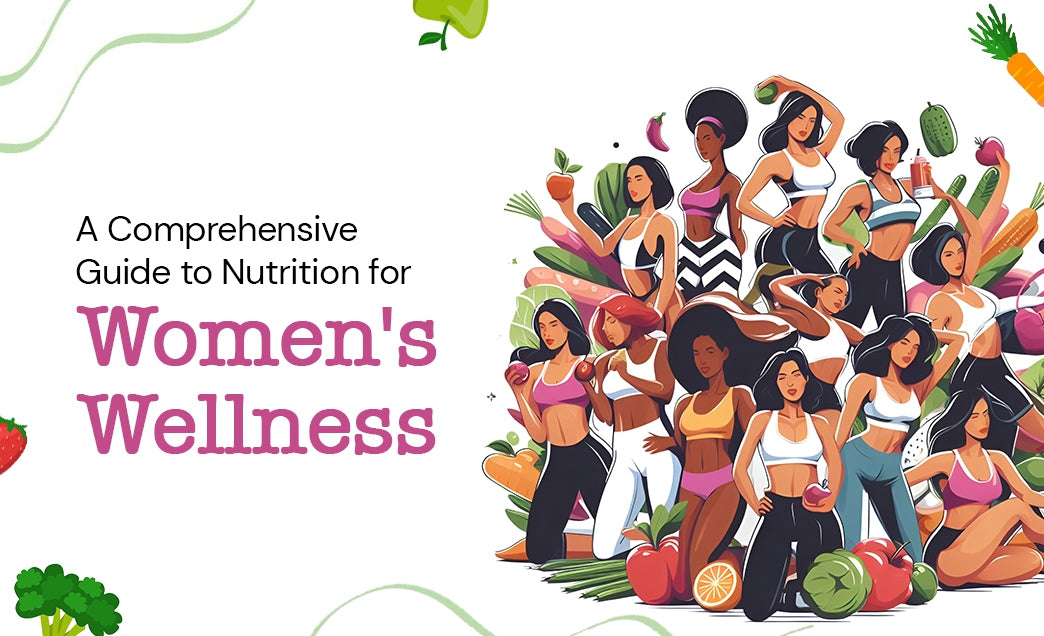Women Nutrition Scheme Faces Backlash Over Mandatory Facial Recognition Rollout
The women nutrition scheme under POSHAN Abhiyaan has sparked major concern across India after the Ministry of Women and Child Development (MoWCD) enforced mandatory facial recognition authentication for beneficiaries starting July 1, 2025. The move, aimed at improving transparency, now threatens to leave out thousands of women and children due to technical failures and practical difficulties in rural regions.
As part of the updated guidelines, facial recognition via the POSHAN Tracker app is now essential for pregnant and lactating women to receive their take-home rations (THR). The update removed the previous option to skip this step, making the process compulsory for every delivery of nutritional aid.
Women Nutrition Scheme Faces Digital Divide and Operational Pressure
women nutrition scheme, Many Anganwadi workers (AWWs), who are responsible for implementing the scheme, say the transition has been chaotic. Most of the beneficiaries in rural and semi-urban areas do not own smartphones or use Aadhaar-linked mobile numbers, often relying on their husbands’ devices. This mismatch is causing serious problems, especially when one-time passwords (OTPs) are delayed, or facial scans fail due to poor internet connections or software glitches.
The entire verification process now involves entering Aadhaar details, receiving an OTP, and then scanning the face a three-step loop that needs to be completed every time rations are provided. If any part of the process fails, the woman risks being excluded from the nutrition scheme. Anganwadi workers also complain that repeated failures in authentication slow down their workflow, leaving them unable to meet daily or monthly targets.
In areas with poor connectivity, the facial recognition software often doesn’t load or crashes midway. Workers are forced to make repeated attempts, sometimes going door to door to assist women who cannot travel due to pregnancy or illness.
Growing Fears of Beneficiary Dropouts
The women nutrition scheme- Digital access remains a significant barrier. Several women have outdated Aadhaar-linked phone numbers or have no access to phones at all. In such cases, workers have to depend on the availability and cooperation of male family members to complete the process. Often, OTPs are missed or rejected due to wrong numbers or security concerns.

In many places, Anganwadi workers report that up to 25 women in a single area are struggling to complete their e-KYC because they lack proper access to technology. The repeated insistence on updating Aadhaar details at camps has not helped much, as many do not attend these camps due to work, lack of awareness, or personal restrictions.
Experts worry this system will ultimately reduce the number of people officially registered in the scheme, which can later be used as a justification to cut funds. In tribal and remote areas where malnutrition is already widespread, this digital-only approach risks excluding the most vulnerable.
Anganwadi Workers Face Pressure and Risks on the Ground
The new update has also intensified pressure on field workers. Many say they are overburdened with the responsibility of both documentation and teaching. Processing one beneficiary can take up to 20 minutes if the app lags or the internet is slow. With limited staff and high targets, workers are struggling to cover their assigned areas on time.
There have also been reports of threats and mistreatment. Anganwadi staff say they are receiving verbal and official warnings from supervisors and district officials if facial recognition fails during a delivery. Some even fear job loss or fund cuts due to technical issues they cannot control.
A particularly disturbing incident was reported in Uttar Pradesh, where a worker was physically assaulted by a beneficiary’s husband after the facial recognition process failed multiple times. Such incidents have left many workers feeling unsafe, overworked, and under constant stress.
Also Read: 2025 Plastic has become inseparable from modern life why we must act now
Conclusion:
The women nutrition scheme, meant to support pregnant women, mothers, and children with vital nutrition, is now facing criticism for prioritising technology over accessibility. While the goal of reducing fraud is important, the current system seems to penalise the poor and digitally excluded. As implementation issues grow, experts and workers alike are calling for the government to reconsider its approach, ensuring no woman or child is left out due to a faulty app or missing OTP.

